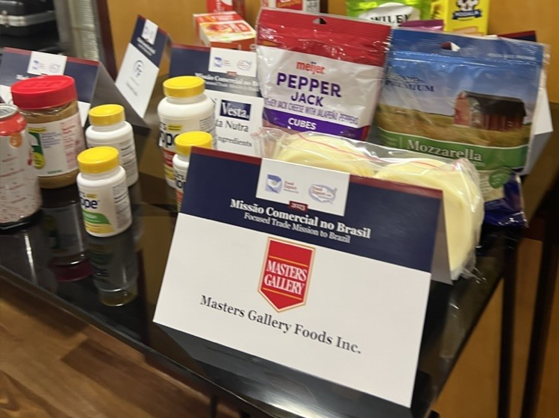USDA Underscores Commitment to Climate Action at COP26
On November 5th, at the 26th United Nations Climate Change Conference of the Parties (COP26), United States Secretary of Agriculture Tom Vilsack stated USDA’s full support for President Biden’s whole-of-government approach to combating climate change. Secretary Vilsack highlighted USDA partnerships and initiatives that put agriculture, forestry and rural communities at the center of global solutions to the climate crisis.
As climate change threatens to disrupt agricultural production, Vilsack emphasized that “Now is the time for global action to address climate change. Together, we can lead the way with investments in climate-smart solutions that improve the profitability and resilience of agricultural producers, and improve forest health, while creating new income opportunities and building wealth that stays in rural communities.”
During the COP, Secretary Vilsack participated in the launching of the Agriculture Innovation Mission for Climate (AIM for Climate). The effort, coordinated with the United Arab Emirates, seeks to increase investment in innovative, science-based solutions to increase food security and allow agriculture and food systems to adapt to climate change. Nearly 80 countries and non-government partners have joined in supporting the initiative. AIM for Climate has garnered $4 billion in increased investment in climate-smart agriculture and food systems innovation, with the U.S. mobilizing $1 billion over the next five years.
The Secretary also highlighted USDA’s Climate Smart Agriculture and Forestry Partnership Initiative, which will connect agricultural producers who are implementing climate-smart practices with retailers, companies and consumers interested in low-carbon agricultural commodities. The initiative will create new market opportunities for farmers, andpilot projects that invest in science, monitoring, and verification will be able to measure the benefits of climate-smart production practices.
USDA also announced its support to the newly launched Pathways to Dairy Net Zero, an initiative to help accelerate climate action in the global dairy sector. It seeks to coordinate organizations throughout the dairy supply chain and dairy farms of every size and type around the world to collectively achieve net zero emissions in the next 30 years. Vilsack noted that livestock, including dairy, can provide critical climate solutions: “Increasing the rate of adoption of feed management, manure management and digesters will be key to reducing greenhouse gas emissions including methane.”


